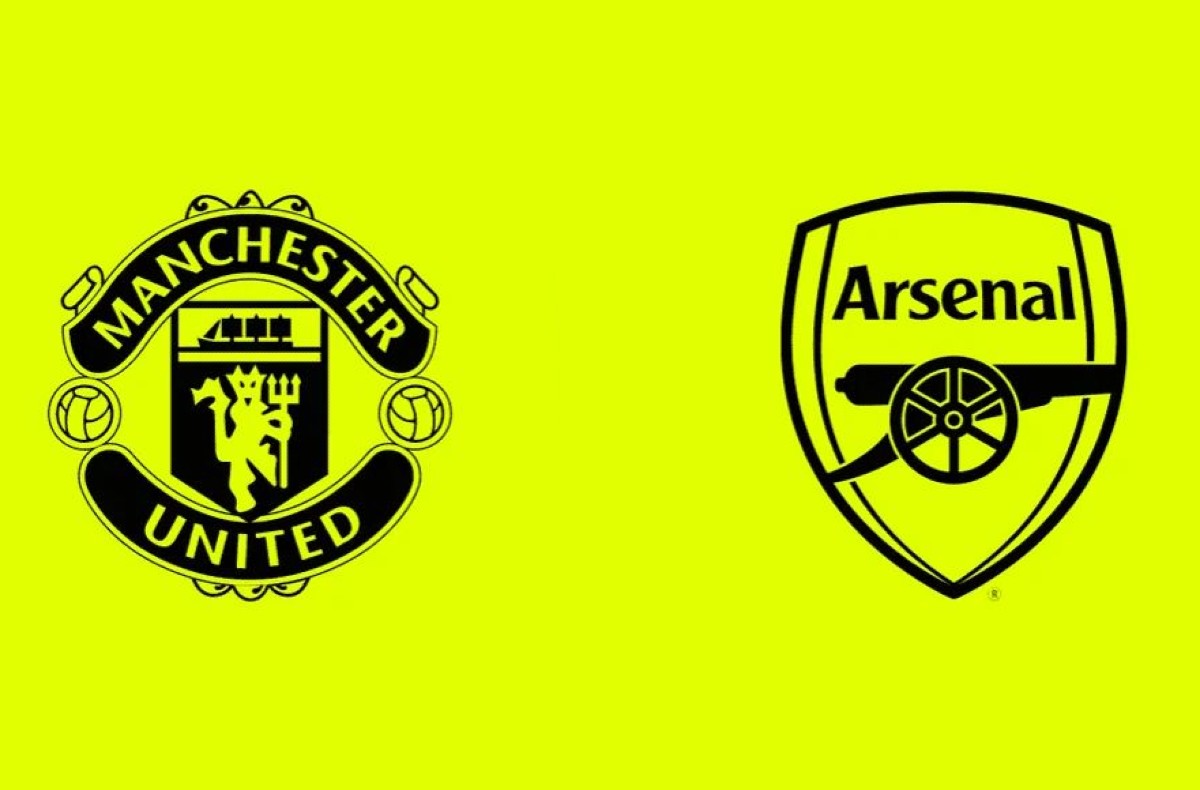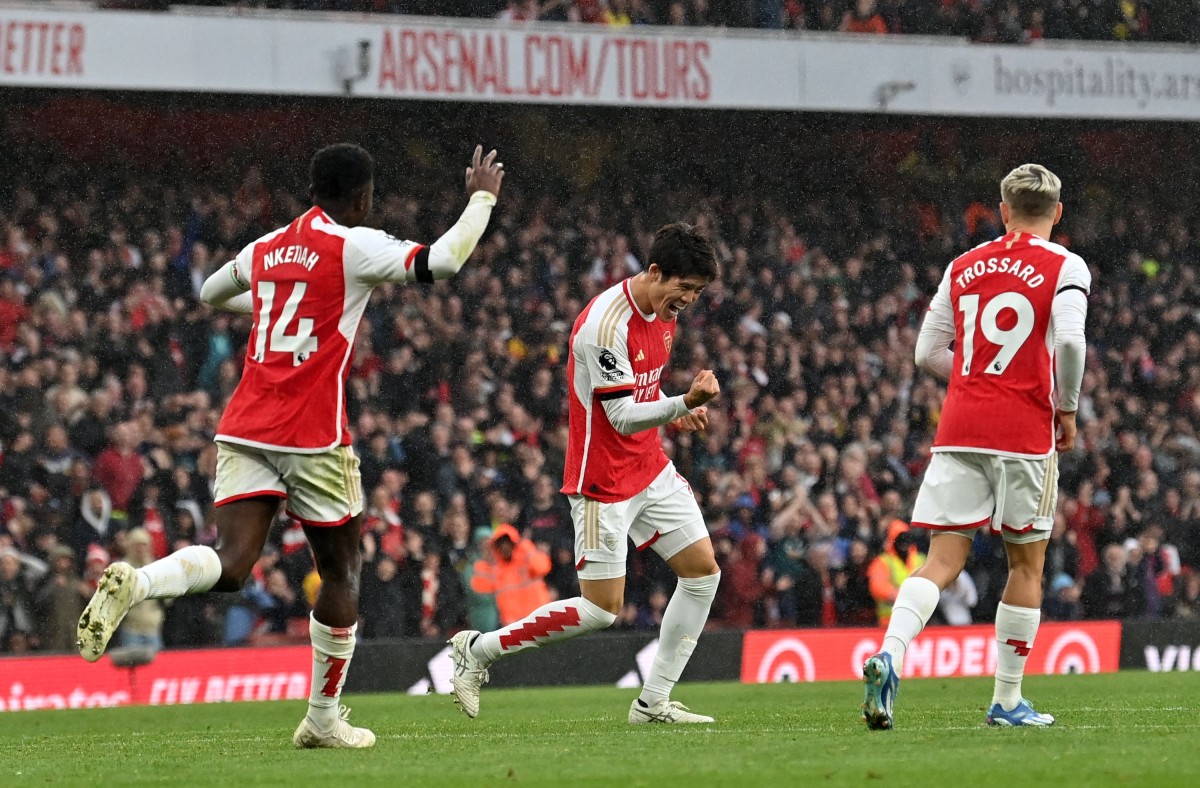Liverpool have taken the lead in their FA Cup clash with Norwich at Anfield courtesy of a Curtis Jones header.
The Reds have been the better of the two teams in the opening part of the match with Darwin Nunez coming closest when the striker hit the post.
Buy Liverpool v Chelsea Tickets Here!
However, the opening goal would follow not long after when youngster James McConnell picked out Jones with a lovely pass on his first Liverpool start.
The Championship side will have an uphill task from here as the Merseyside club pushes for more.
James McConnell with a delightful assist on his first start for @LFC ???#EmiratesFACup pic.twitter.com/oj7Z5NfOY2
— Emirates FA Cup (@EmiratesFACup) January 28, 2024
? What a ball from young James McConnell!
He's put it on a plate for Curtis Jones to nod Liverpool into an early lead#ITVFootball | #EmiratesFACup pic.twitter.com/kulMNOQzuX
— ITV Football (@itvfootball) January 28, 2024



